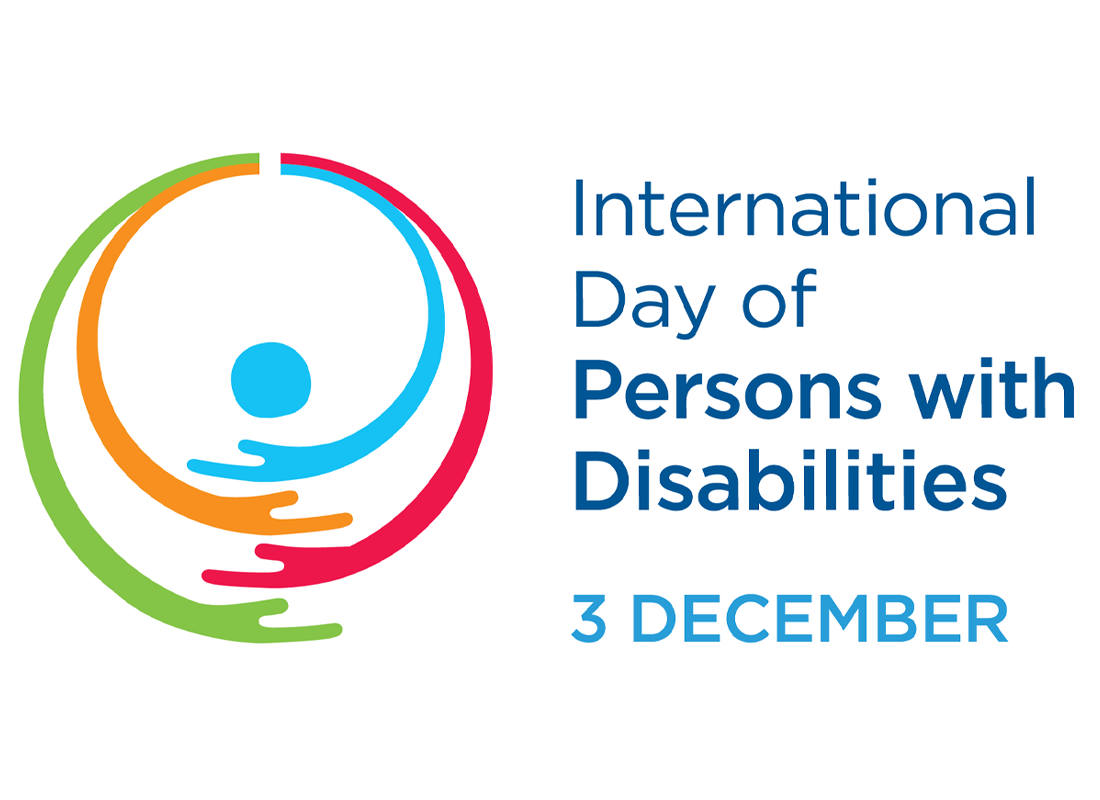
The United Nations recently declared “Leadership and participation of persons with disabilities toward an inclusive, accessible and sustainable post-COVID-19 world” as the theme for the 2021 International Day for Persons with Disabilities (IDPD).
At Fujitsu, we believe this is a very important message in a changing world.
As we navigate the COVID-19 landscape and move toward a post-COVID-19 world, it is time to reflect on how the pandemic and ongoing lockdowns affected people who are differently abled, and what challenges lay ahead.
I use the term ‘differently abled’ as I view the term ‘disabled’ as an artificial barrier that masks the word ‘abled’ and ‘ability’. Like me, people with a disability face and meet challenges every day – they are not disabled, they may just need to do things differently. How other people describe themselves may be different to this however, because everyone is unique.
To better understand how leadership may provide a strategy to this sector of the community, we must first consider how ongoing COVID-19 changes may affect them. It is also important to note that in some situations, the COVID-19 restrictions highlighted some benefits for differently abled persons.
Below are some of these benefits and challenges.
Working from home
Working from home posed many different challenges such as setting up a workspace, and balancing work and family. However, it particularly affected the differently abled, both positively as well as negatively.
Differently abled is a broad description that includes those with visible and invisible impairments. For many, working from home brought about some benefits such as not having the physical challenge of commuting, and using a well set-up, comfortable work environment. For people with a spectrum disorder, there is also the added benefit of being able to control their environment.
On the flip side, some may have been separated from support structures. And most importantly, working from home may not have been an option for their position. With 48% of differently abled people unemployed even before the pandemic, this statistic may tragically rise.
Isolation and the virtual world
2020 and 2021 will forever be remembered as the era of Zoom. Virtual meetings and gatherings have become the norm, yet for some people, these do not replace personal contact. This is especially so for those who live alone, as working from home can often heighten the feelings of isolation. Some differently abled people may have relied on the personal interaction with colleagues to break the isolation faced, even before COVID-19.
For neurodiverse people, the constant changes to their daily routine have added to pressures brought about by the pandemic. The virtual world, such as Zoom, Teams, or Facebook, offer great ways to connect with others, but it can also create difficulties for those with visual and hearing impairments. Bright, and often busy, backgrounds may impact those who depend on lip reading to enhance their experience. They may also be distracting for those visually impaired, or with a spectrum disorder.
Caregivers
COVID-19 restrictions have also added stress to the caregivers of differently abled children, spouses, or other family members. This could come about with closure of schools or limited access to social services. Trying to manage those under their care, and their workload, can contribute to mental health issues during lockdowns. However, from a positive viewpoint, working from home may have given them more freedom in caring for others.
Fear
We may live in fear of many things, but COVID-19 has shown us all that it is a threat to many, particularly to those with underlying health problems. For some differently abled people, this fear is real as their condition may be accompanied by, or directly attributed to their health status. This fear can also be experienced by caregivers who need to be more cautious due to their caring responsibilities.
There is also the fear surrounded by vaccination. For some, vaccination is not an option due to their medical condition, so this brings feelings of vulnerability. There is also the fear of contact with those who refuse vaccination. For differently abled people, this deters them from fully participating in activities and may limit their options in finding employment.
Mental health
Mental health can affect everyone, not just those who are already classed as differently abled. But for people already diagnosed with mental health issues, COVID-19 can accentuate the issue. Depression, anxiety, schizophrenia, bipolar disorders, eating disorders, and other conditions may be heightened and more difficult to manage due to continued isolation.
These, and other matters, make mental health an even more important conversation during the current and post-COVID-19 world.
Leadership and participation now, and post-COVID-19
No one really knows what the post-COVID-19 world looks like and how it will affect future working conditions. How will people who are differently abled cope or navigate the new normal? And more importantly, how can leaders include them in planning for what may lay ahead?
As we move towards the future, the onus is placed on leaders to adapt, and not on those who are differently abled. Leaders must include differently abled people in any conversation to shape an inclusive and accessible post-COVID-19 world where the work environment can accommodate for everyone.












